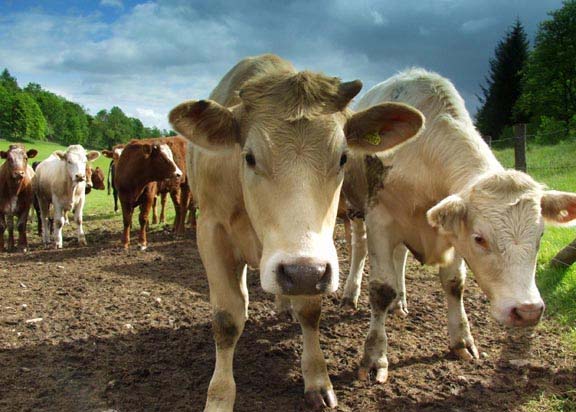
Legislation for the new Common Agricultural Policy (CAP) was endorsed by the Agriculture and Rural Development Committee on Monday, following last week's informal agreement in talks between Parliament, the Council and the Commission.
Andrew Bays of BCM, specialists in rural property, said: “Assuming this agreement can be quickly voted and agreed in the EU Parliament and Council, this should allow the full legislative texts for the new payment scheme and the transition arrangements to be adopted and applied from January 1st 2014. However, there still remains considerable detail to be gleaned both from those detailed legislative texts and also from the way in which our own government decide to apply various elements of the scheme which are up to member state discretion. Therefore the situation needs to be keenly watched going forward”.
Agriculture Committee chair and negotiating team leader Paolo De Castro said: "Today's vote gives the reformed common agricultural policy its final shape until 2020. For the first time in the history of the CAP reform process, the committee has managed to substantially change and improve CAP regulations. The result is simpler CAP which is more relevant to enterprises, workers, the next generation of farmers and rural areas."
The vote confirmed last week's informal deal on issues left out of the first (26 June) agreement on CAP reform. Last week, Agriculture MEPs won an increase in the rural development co-financing rate (i.e. the EU contribution) for less-developed regions, outermost regions and smaller Aegean islands to 85%.
The Council also conceded a request by Parliament's negotiating team to include Rural Development allocations per member state in an annex to the Rural Development Regulation, granting the Commission the power to amend this annex through delegated acts (i.e. on its own initiative) in clearly defined circumstances.
Direct basic or single area payments of above €150,000 to large farms will be reduced by at least 5%. There is further detail in the agreement concerning arrangements for standardising the level of payments between member states, for allowing transfer of up to 15% of direct payments to the rural development envelope and other arrangements such as co-funding.
In June, Parliament's negotiators inter alia inserted a rule that direct payments may go only to active farmers and boosted "greening efforts", by also winning its agreement to earmark 30% of total rural development spending for environment measures. They furthermore obtained a mandatory EU-wide scheme to give farmers under 41 years old an extra 25% in additional top-up payments for their first 25 to 90 hectares.
The report on the Direct Payments regulation by Luis Manuel Capoulas Santos (S&D, PT) was adopted with 31 votes in favour, 8 against and 2 abstentions.
The report on the Single CMO regulation by Michel Dantin (EPP, FR) was adopted with 27 votes in favour, 14 against and 0 abstentions.
The report on the Rural Development regulation by Luis Manuel Capoulas Santos (S&D, PT) was adopted with 35 votes in favour, 3 against and 3 abstentions.
The report on the Horizontal regulation by Giovanni La Via (EPP, IT) was adopted with 35 votes in favour, 6 against and 0 abstentions.
The committee vote still needs to be confirmed by Parliament as a whole in a plenary vote at the October or November session.
